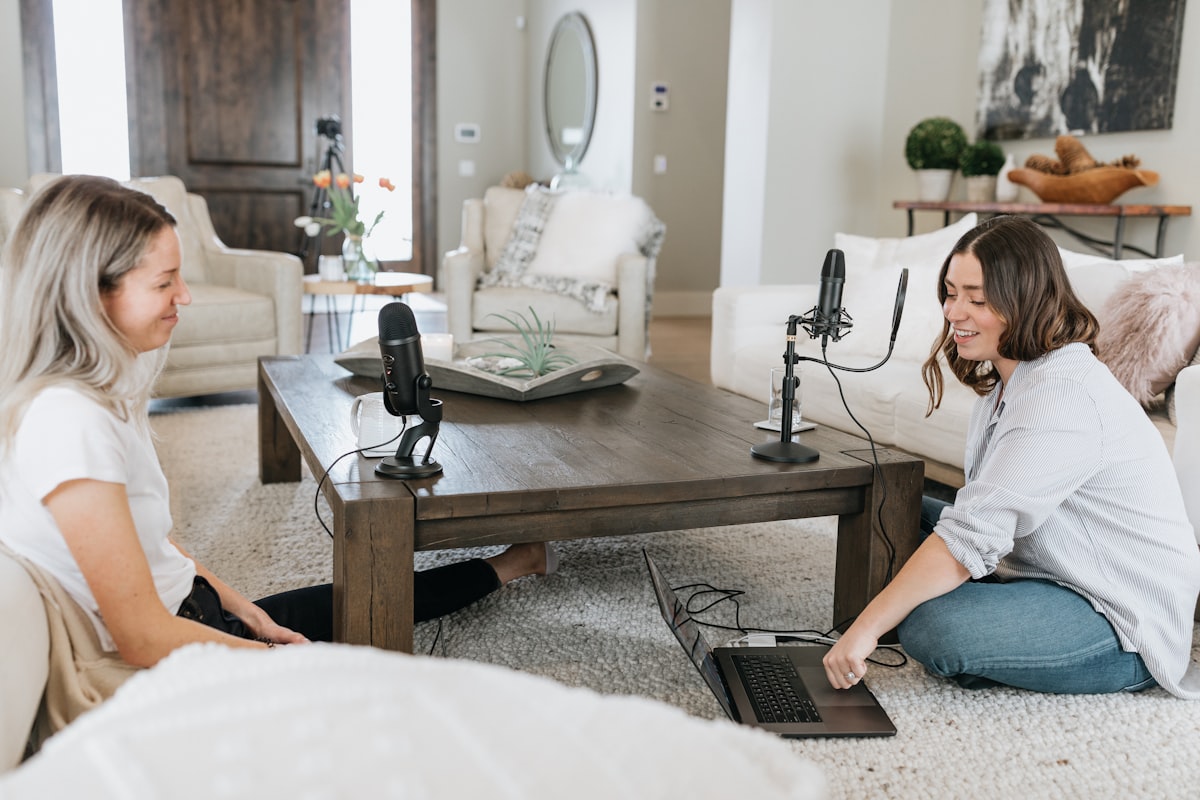Video isn't a threat to Podcasting...
There's a hot debate on about #video being a threat to #podcasts. IMHO, it's not. Because, when people say 'video podcasts' they aren't referring to Twitch, orTikTok, or Instagram, or even Spotify....

Were you a #blogger in the early 2000s?
Then you might probably relate to this trip down memory lane... :P
DISCLAIMER: Long stream-of-consciousness post about #blogging, #podcasting, #YouTube, #video, and #discoverability.
I remember my first blog. (No, it wasn't on LiveJournal.) I used to post on Rediff Blogs. It was a pseudonymous blog - as most of them were back then.
The biggest problem back then, in those early days of blogging was two-fold:
- Finding people whose writing you enjoyed.
- Letting them know you enjoyed their writing.
Because, IIRC, there was no commenting feature when blogs initially launched. We used a 'live chat box' to collect 'comments' from visitors! Remember that?! And then, when Disqus happened, it felt like such a revelation! And with pingbacks and trackbacks, blogs began to be truly connected...
However, I personally believe that blogs became mainstream because of something called Technorati.
Technorati was a "folksonomical" aggregator that allowed you to 'tag' blogs and posts. And you could search and discover new and interesting blogs through these tags. Technorati showed that you could implement discoverability even with decentralized content such as blogs. I personally believe that Google started their own "Google Blog Search" feature BECAUSE of Technorati's success.
The reason for this little trip down memory lane is because it bears a striking resemblance to another situation that's currently happening in my area of expertise: podcasts.
There's a hot debate on about #video being a threat to #podcasts.
IMHO, it's not.
YouTube is the threat. Because, when people say 'video podcasts' they basically mean they saw/heard/watched/listened/consumed it on #YouTube. I mean, how many podcasts do you watch on Twitch? On TikTok? On Instagram? On Spotify?
With YouTube, we seem to have simply skipped the Technorati stage and gone straight to 'one-centralized-platform-for-discovery' stage of things. Worse, we seem to have given it somewhat of a monopoly over distribution of content.
And, yes, it was kinda-sorta inevitable because YouTube has the very thing that (almost) all of these other platforms lack - #distribution and #discoverability.
But a centralized platform owned by someone else is rented land and you NEVER build on rented land.
We need to learn from history. Technorati has showed us that good discoverability mechanisms can exist for decentralized content.
We need to build a community-driven solution that gives creators and listeners true control over podcast distribution and discovery. Else we risk losing this creative medium and have it overcome with algorithmic sludge designed only to maximize engagement with little to no regard for quality content.
Note:
- This was first posted on LinkedIn on 1st April 2024. Archiving it here because I don't want to build on rented land. :)
- This was written without any AI input...
- ...but, all the same, this post is licensed under CC BY-NC-SA 4.0 - begone, bots!



